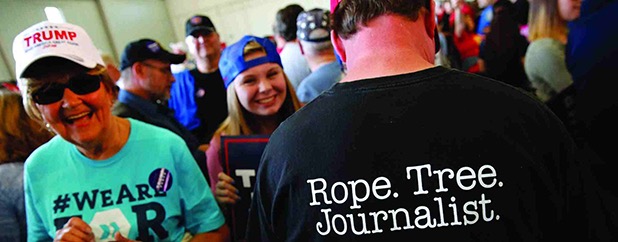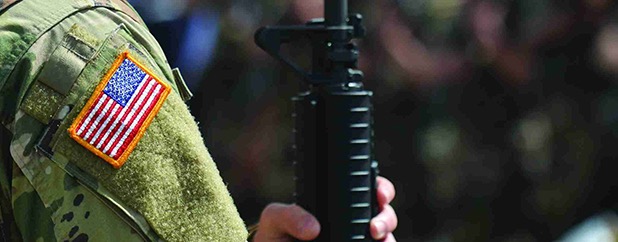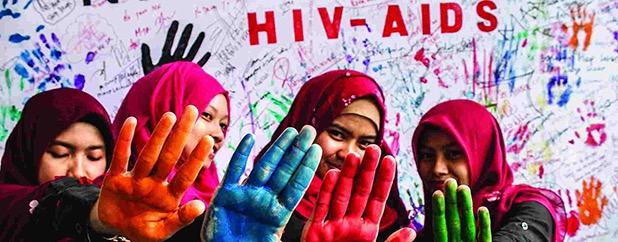Foreign Policy Lecture Series
Friday mornings, 9:30 am to noon
April 6, 13, 20, 27
Northampton Senior Center
27 Conz Street, Northampton

Ticket Prices:
- 5CLIR members: $12 per individual discussion or $40 for the full series
- Public admission: $15 per individual discussion or $50 for the full series
Tickets may also be purchased at the door. There are no refunds on series purchases.
Parking is available at the Senior Center. Overflow parking must park across Conz Street at the World War II Club parking lot. Please keep fire lanes free.
Sessions will be canceled if schools are closed for inclement weather.
Spring 2018 Topics
THE WANING OF PAX AMERICANA

April 6
with THOMAS JOHNSON
During the first months of Donald Trump’s presidency, the U.S. began a historic shift away from Pax Americana, the liberal international order that was established in the wake of World War II. Since 1945, Pax Americana has promised peaceful international relations and an open economy, buttressed by U.S. military power. In championing “America First” isolationism and protectionism, President Trump has shifted the political mood toward selective U.S. engagement, where foreign commitments are limited to areas of vital U.S. interest and economic nationalism is the order of the day. Geopolitical allies and challengers alike are paying close attention.
MEDIA AND FOREIGN POLICY

April 13
with PAUL MUSGRAVE
State and non-state actors today must maneuver a complex and rapidly evolving media landscape. Conventional journalism now competes with user-generated content. Official channels of /m can be circumvented through social media. Foreign policy is tweeted from the White House and “fake news” has entered the zeitgeist. Cyberwarfare, hacking and misinformation pose complex security threats. How are actors using media to pursue and defend their interests in the international arena? What are the implications for U.S. policy?
U.S. GLOBAL ENGAGEMENT AND THE MILITARY

April 20
with LAURA REED
The global power balance is rapidly evolving, leaving the United States at a turning point with respect to its level of engagement and the role of its military. Some argue for an “America First” paradigm, with a large military to ensure security, while others call for a more assertive posture overseas. Some advocate for a restoration of American multilateral leadership and a strengthened role for diplomacy. Still others envision a restrained U.S. role, involving a more limited military. How does the military function in today’s international order, and how might it be balanced with diplomatic and foreign assistance capabilities?
GLOBAL HEALTH: PROGRESS AND CHALLENGES

April 27
with TIM FORD
The collective action of countries, communities and organizations over the last 30 years has literally saved millions of lives around the world. Yet terrible inequalities in health and well being persist. The world now faces a mix of old and new health challenges, including the preventable deaths of mothers and children, continuing epidemics of infectious diseases, and rising rates of chronic disease. We also remain vulnerable to the emergence of new and deadly pandemics. For these reasons, the next several decades will be just as important—if not more so—than the last in determining well being across nations.
